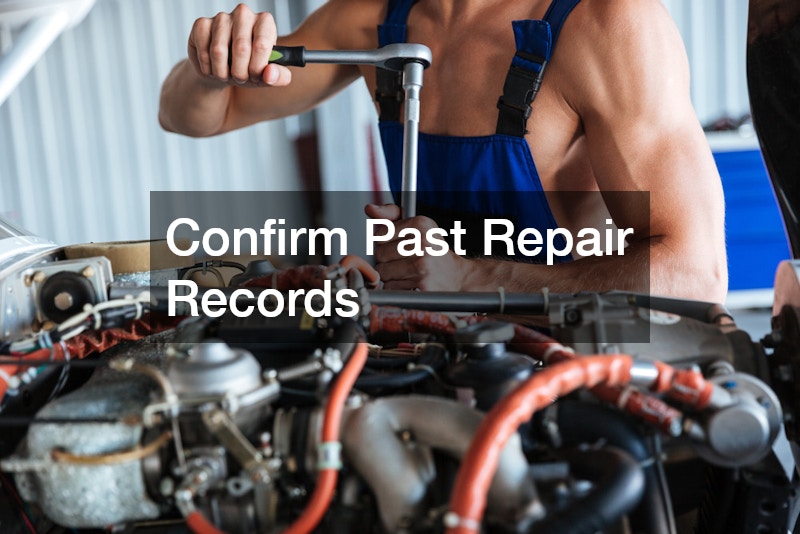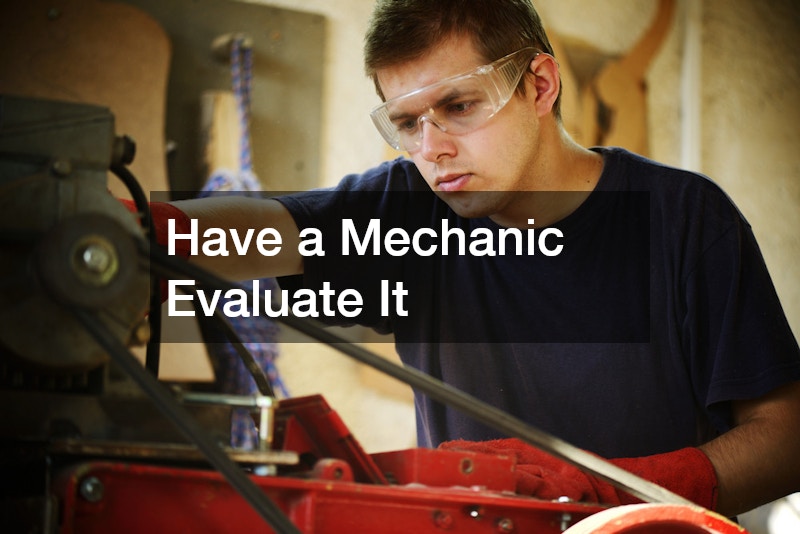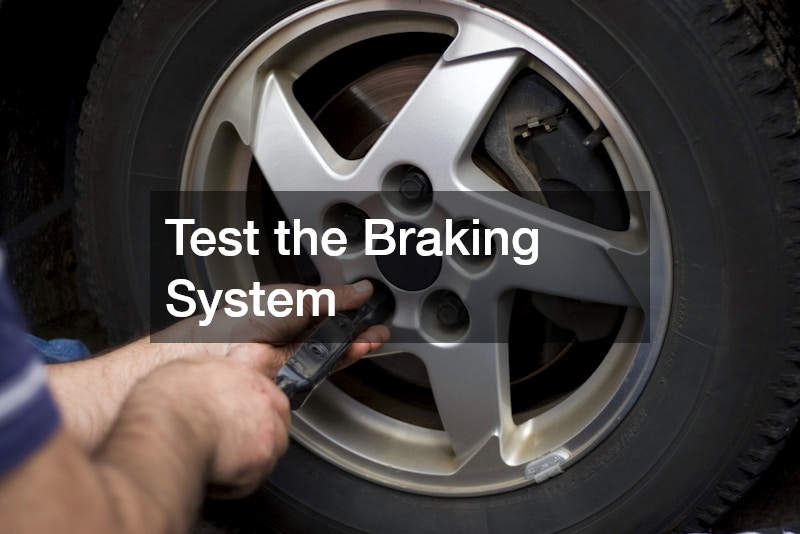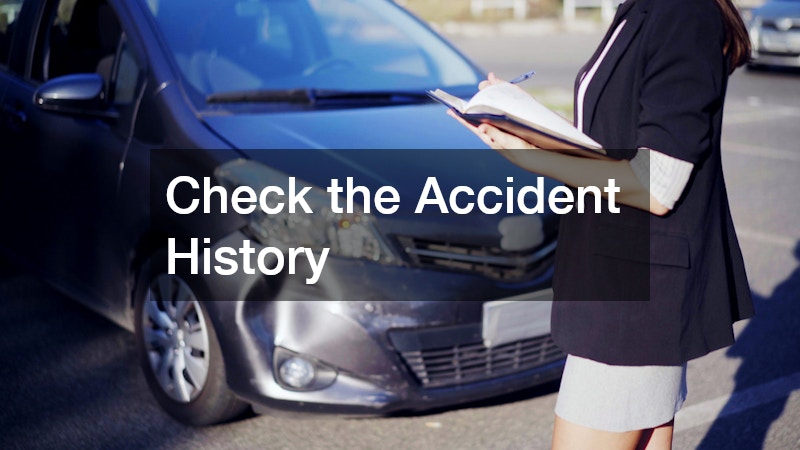10 Tips to Validate Cars
When it comes to purchasing a used vehicle, ensuring that you are making an informed decision is paramount. Valid cars are those that not only meet your performance and aesthetic requirements but also have a clean history and trustworthy functionality. This article will provide you with ten essential tips to help validate a car and ensure you make a wise investment. From checking the air conditioning system to verifying past repair records, each tip is designed to help you navigate the complexities associated with buying a vehicle. It’s not just about aesthetics or negotiation; the ultimate goal is to identify valid cars that serve you well without unforeseen issues. Understanding what to look for can save you both time and money, making your car buying experience not only pleasant but also secure.
Check the Air Conditioning
In regions where temperatures soar, a well-functioning air conditioning system is essential for comfort while driving. One of the first steps in validating cars is to ensure that the air conditioning introduces the desired cool air efficiently. A properly working A/C not only enhances comfort but also indicates general maintenance and care; outdated or malfunctioning systems can often point to poor care or hidden issues.
When checking the air conditioning, ensure that you listen for strange noises that could indicate mechanical issues. Also, observe if the temperature in the car can adjust from hot to cold as needed; fluctuations could mean it may require auto air conditioning repairs. Valid cars should have consistently performing air conditioning systems to guarantee comfort in various weather conditions.
If the air conditioning system is not functioning optimally, it may be wise to factor repair costs into your total investment on the vehicle. Investing in a reliable mechanic to assess any issues can further assure you of the car’s integrity. Remember, validating the functionality of components like the air conditioning can be key in deciding whether it’s a good purchase.
Confirm Past Repair Records

Understanding the maintenance and repair history of a car can provide valuable insight into how well the vehicle has been taken care of over the years. Valid cars should generally come equipped with a comprehensive report detailing past car repairs and issues they have faced. A car with a transparent history is often more desirable than one shrouded in mystery, as it reduces the chance of future problems arising.
Be sure to ask the seller for documentation regarding previous repairs, as a well-documented history is a good sign of a car’s reliability. Check for any major repairs that may indicate past issues, like engine problems or significant collisions. If you find that the records confirm regular maintenance and the necessary car repairs were appropriately handled, then you can have greater confidence in its viability.
Inspect the Glass Quality
The car’s glass may seem like a minor element, but it plays a significant role in both safety and aesthetics. Valid cars will exhibit not only clean but also undamaged glass that is free from cracks or large scratches. The integrity of the glass, including windshield and window functionality, can significantly affect visibility and driving safety.
When inspecting the car’s glass quality, look closely for any signs of chips, cracks, or distortion. Additionally, if the car has received auto glass service lately, inquire whether the glass was replaced with OEM (Original Equipment Manufacturer) parts. Ensuring that the glass is in good condition is vital; damaged or poor-quality glass may necessitate costly replacements that can affect the car’s overall value and safety.
Have a Mechanic Evaluate It

Getting a professional mechanic to evaluate a car before finalizing a purchase is one of the smartest moves a buyer can make. By having a trained eye inspect the vehicle, you gain deeper insights into its functioning and potential issues that may not be apparent during a casual walk-around. Mechanic evaluations provide a more comprehensive understanding of whether the car is truly valid or if it’s hiding significant issues.
Ensure that the mechanic is reputable and experienced with the particular make and model of the vehicle you are considering. They will typically look for hidden damage, potential mechanical failures, and the state of crucial components, thereby offering you necessary insights into things like engine performance and alignment services. The evaluation can also include testing the brakes, suspension, and various electronic systems that are essential for a well-functioning vehicle.
Verify Wheel Alignment
Ensuring that a car’s wheels are aligned correctly is critical for both safety and drivability. Poor wheel alignment can lead to uneven tire wear and has the potential to compromise the vehicle’s handling. Valid cars should demonstrate proper alignment to provide a smooth driving experience and enhance fuel efficiency.
To verify wheel alignment, you can take the vehicle for a test drive, paying close attention to how it handles. If it pulls to one side or the steering wheel is off-center, the alignment may be off. Having prepared regular alignment services can minimize the risks of sudden handling issues that might crop up from misaligned wheels.
Furthermore, misalignment can impact your car’s tires, leading to premature wear and even costing more in the long run due to frequent tire replacements. Valid cars will show signs of proper alignment, which indicates that the previous owners took care of the vehicle and likely had regular maintenance performed. Ensuring quality wheel alignment adds significantly to the overall health of the car and your safety on the road.
Test the Braking System

A vehicle’s braking system is its most critical safety feature, and as such, validating its effectiveness is non-negotiable. Paid attention to how the brakes respond during a test drive, looking for any signs of wear or unusual sounds. Valid cars should offer responsive brakes without any delays or grinding noises; these indications point toward a well-maintained braking system.
When evaluating brakes, also consider the pedal feel; it should feel firm and offer consistent resistance. If you experience soft pedals or vibrations upon braking, services like auto brake repairs might be on the horizon. Having trusted auto mechanics evaluate the braking system may bring to light any underlying issues that require attention.
Good brakes do more than ensure efficiency; they enhance driving safety for you and others on the road. Unsurprisingly, vehicles with well-functioning brakes tend to hold more value due to enhanced safety features. Valid cars will always display strong braking capabilities, ensuring you invest in a vehicle that will keep you safe.
Visit Trusted Shops for Inspection
Securing a vehicle from a reputable seller is vital to ensuring that the car you’re considering is genuinely valid. Trusted auto repair shops often offer inspections or certifications that confirm the car’s condition, which helps eliminate the guesswork of buying. Getting a thorough inspection can uncover any issues that need to be addressed or eliminated, providing further assurance in your purchase.
Before you conduct an inspection at a shop, do your homework by seeking out reviews and recommendations from previous customers. Understand what specific elements the inspection will cover, concentrating on items like the engine, transmission, and other essential components. Establishing a relationship with auto repair shops that have a track record of reliability can give you peace of mind; they will likely have extensive knowledge about the cars they inspect, thereby providing educated feedback.
Moreover, utilizing trusted shops gives you credibility when it comes to making negotiations with sellers. If an inspection reveals issues, you can leverage that information to negotiate a more suitable price. Ultimately, going to reputable auto repair shops for thorough inspections can maximize your confidence in purchasing valid cars.
Check the Accident History

Understanding a car’s accident history is vital in determining its validity and long-term reliability. Many vehicles experience accidents, but it’s critical to know the extent of damage and repairs made afterward. Valid cars typically have clean accident histories, revealing a commitment to staying safe and purposeful for the owner.
One way to obtain accident history is through reports via services that track vehicle histories. These reports can reveal serious incidents, such as frame damage or airbag deployment, that indicate potential issues down the line. If the history of the car shows numerous incidents, it may raise red flags regarding its reliability and longevity.
Lastly, taking the time to research accident history can save you from significant financial and safety risks in the future. A cleaner accident history not only enhances the vehicle’s value but also acts as leverage when approaching sellers for negotiations. Valid cars will always show transparency in their accident histories, facilitating a smoother purchase experience.
Get Legal Support if Needed
In some situations, it may be beneficial to consult with a legal professional to ensure that the buying process is fair and equitable. Whether you are dealing with issues like odometer fraud or misrepresentation, having an accident attorney for car crashes purchase negotiations can safeguard you from unfortunate situations. Valid cars should always come with proper documentation, enabling a straightforward transfer and purchase process.
If complications arise, finding a knowledgeable attorney specializing in automotive transactions can provide the reassurance needed to navigate these turbulent waters. Your attorney for car accidents can guide you through any disputes regarding the condition of the car or negotiate settlement terms. Understanding your rights can prevent lengthy and costly legal errors that often occur with unqualified purchases.
Ultimately, securing legal support can simplify the process while ensuring that the seller remains accountable. Having the resources at hand allows you to focus on finding a valid car and establishing a mutual agreement without jeopardizing your rights and investments. Trustworthy vehicles will always come with the assurance of clear legality and documentation, enhancing your overall buying experience.
Look for Protective Features
Modern vehicles are equipped with numerous protective features that enhance safety and durability, making them a wise choice for potential buyers. These features range from active safety technologies—which help prevent accidents—to passive safety features that protect occupants in the event of a crash. Valid cars usually offer a combination of protective features that reduce risks and enhance the overall driving experience.
Look for features such as collision detection systems, traction control, and even advanced airbags. Additionally, parts like paint protection films can preserve the car’s exterior from damage caused by environmental factors, which can quickly degrade the appearance of the vehicle. Comprehensive safety features can not only improve your safety on the road, but also add to the vehicle’s longevity and overall resale value.
Understanding these protective features can empower you to select a vehicle that aligns with your safety preferences. Ensure to weigh these features against potentially high repair costs if damages do occur due to an accident. Ultimately, valid cars will often boast a full array of protective features, ensuring long-term service and reliability.
To ensure that you are investing in valid cars, implement the ten tips outlined in this article. Each step plays a unique role in evaluating cars, from inspecting air conditioning functionality and confirming past repair records to checking glass quality and assessing brake systems. By following these guidelines, you will be equipped with the necessary tools to make informed decisions and safeguard your investment.
Buying a vehicle shouldn’t be a gamble. By consulting trusted auto repair shops, obtaining accident histories, and seeking legal help when needed, you can ensure a smooth transaction. Moreover, the addition of protective features can further enhance your overall investment as you strive to own a reliable car.
Ultimately, identifying valid cars requires diligence and informed choices along the process. By utilizing these tips, you can navigate the complexities of the vehicle market with confidence, ensuring that your purchase not only meets your standards but also withstands the tests of time.
